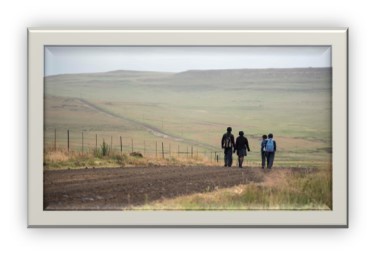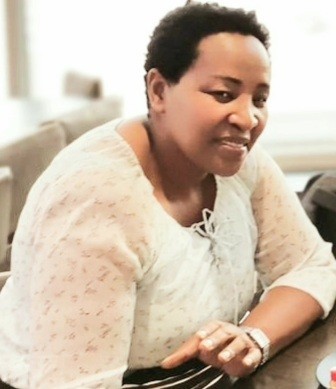

Dr Ayanda Simayi
Researching the influence of cultural taboos in teaching sexual concepts by teachers of Xhosa culture in rural secondary schools in South Africa.
Current professional activity
- Science Lecturer – Nelson Mandela University
Slogan about myself
Lecturer, Science and Research, Education Faculty, Nelson Mandela University, July 2021 Administrator, CERM-ESA Nelson Mandela University. Administrator, Digiface Nelson Mandela University. Part-time lecturer, Nelson Mandela University. Subject Education Specialist (Subject Advisor) for Life Sciences in secondary schools, Department of Basic Education, Curriculum Section, Port Elizabeth. Head of Department for Mathematics and Science, Ndzondelelo High School, Port Elizabeth.
CONTACT
PROFESSIONAL
Nelson Mandela University
University Way
Gqebera
6001
South Africa
My Professional Experiences
Life Sciences (Biology) volunteer tutor in Grade 11 to 12
Ubuntu Pathways
01/03/2011 until 29/11/2014
Afternoon classes offered freely to Grade 11 and 12 learners in Biology.
Afternoon classes offered freely to Grade 11 and 12 learners in Biology.Languages Rating 1-10
Skills and Interests in Keywords
Publications
Publications
Culturally appropriate linguistic responses to taboo issues when teaching biology
Introduction, part of: African teachers of Xhosa culture experience similar inhibitions when talking about sexual reproduction terms and processes in the schools where they teach and have difficulties providing a culturally appropriate response to these challenges. We also know that...
“Asibizi”: teaching human reproduction in rural Eastern Cape schools
The primary focus of this paper is to explore the possible influence of cultural taboos when teaching human reproduction content knowledge by isiXhosa speaking teachers in rural secondary schools of the Eastern Cape, South Africa. Previous studies on Xhosa culture...
A culturally responsive strategy for teaching sexual concepts in rural Xhosa secondary schools
While research shows that the recognition and integration of indigenous knowledge (IK) is an important issue for developing culturally responsive strategies when teaching and learning science to, and by, indigenous people, little has been said about cultural taboos of a...


